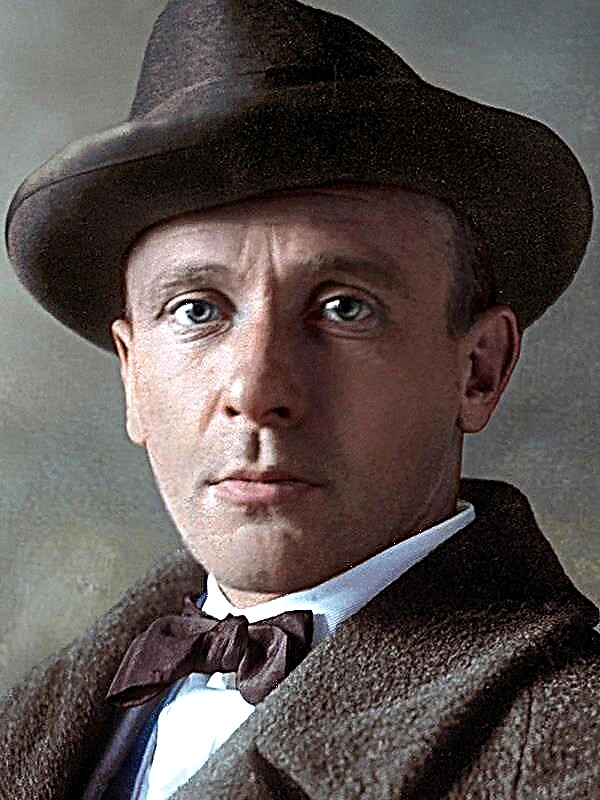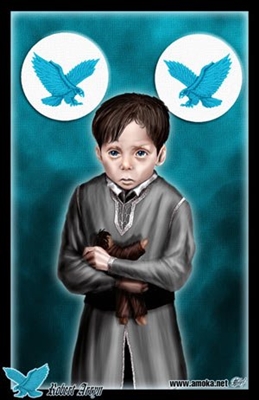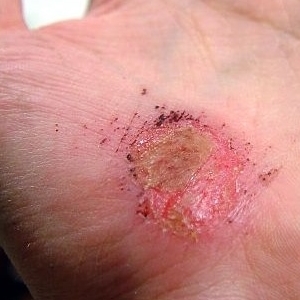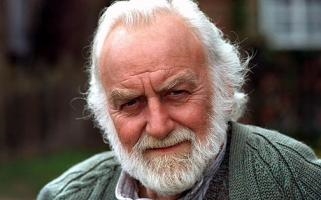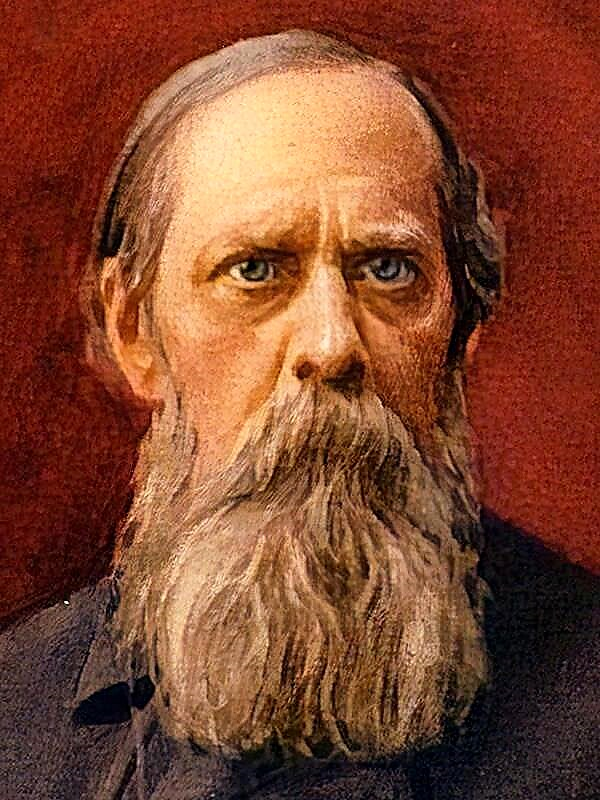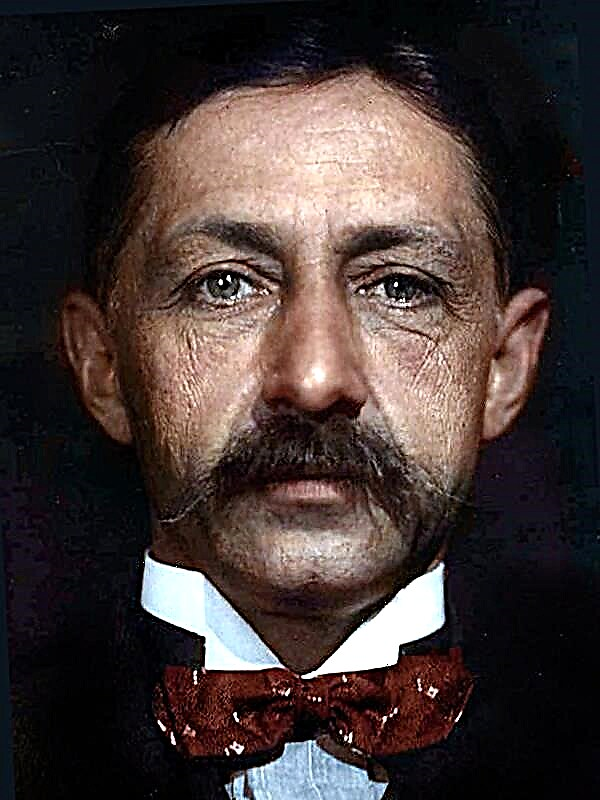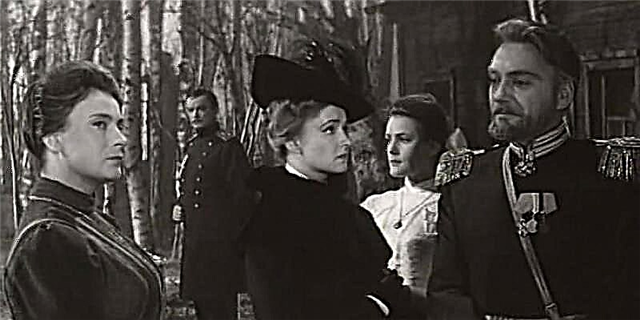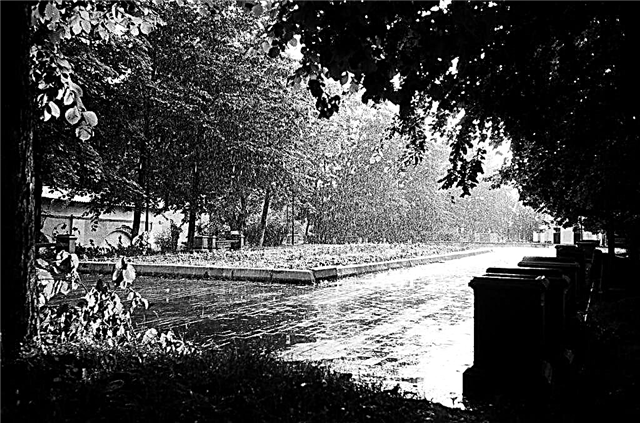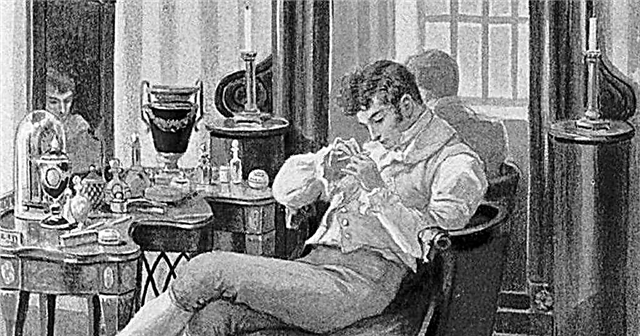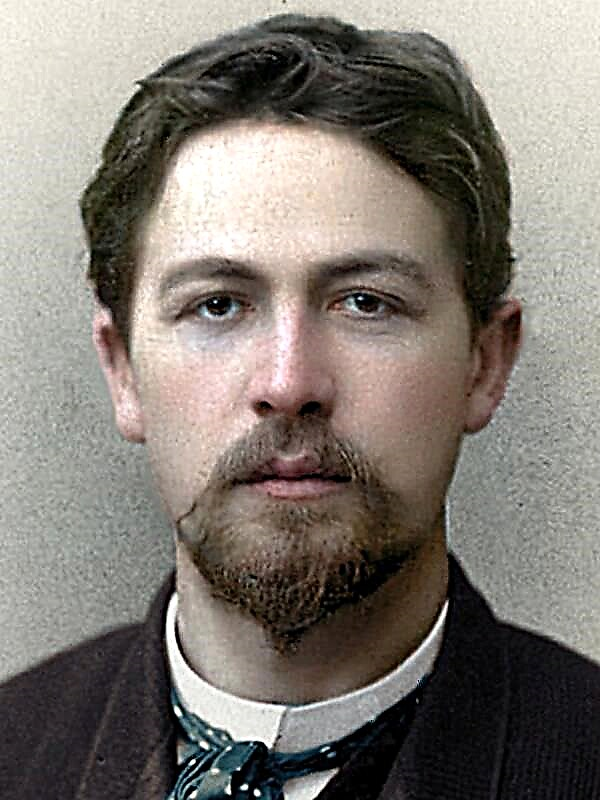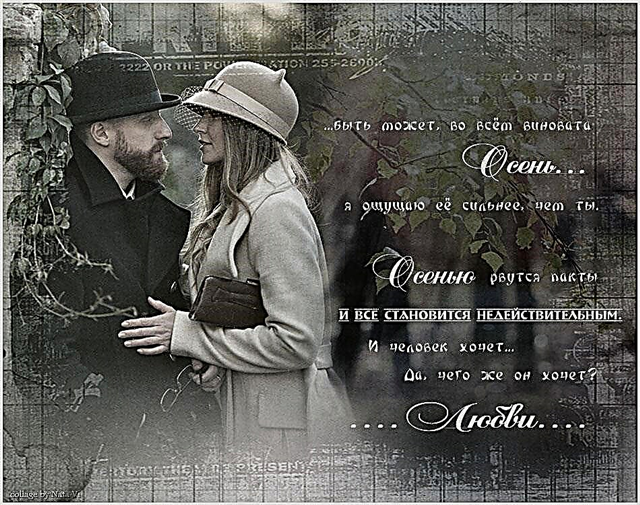Nikolai Stepanovich Echevin celebrates his sixtieth birthday. He worked as a teacher for forty years, and his anniversary was an event for the whole city of Karasin: his portrait was printed in a local newspaper, congratulatory telegrams fell in, and musicians played for him in a local restaurant and solemnly brought a cake with sixty candles.
A month later, with a little Nikolai Stepanovich, as always, comes from school, checks notebooks, then reads belated congratulatory telegrams. One of them from the past is from a friend of the long-dead student of the Hero of the Soviet Union Grigory Bukhalov. But the next telegram unexpectedly turns out to be not congratulatory. This is an anonymous threat to kill. Its author, “alcoholic”, “suspicious eatery philosopher”, calls Nikolai Stepanovich “the source of public infection”, from which the author himself has already suffered, and in the name of saving others, he is ready to put an end to it, since he has nothing to lose. Echevin at first perceives the telegram as a joke of one of his students, but according to the style of writing he concludes that the teenager could not write it, and then the long searches for the anonymous person begin.
Nikolai Stepanovich suddenly realizes how unprotected he is in his apartment. He wants to call the police, but something stops him. The next day he is afraid to go to school and yet he is going. And all this time he goes through his life, trying to figure out an unknown enemy.
Isn't it Tanya Graube? He heard that she had recently returned to the city. Tanya’s father, Ivan Semenovich Graube, the brother of the railway magnate, was the first teacher of Yechevin. At home, the boy did not know love. The father, the shoemaker, was always drunk, the mother also did not indulge her son with affection. And Ivan Semenovich believed in the boy and forced his parents to believe in him. In winter, through his efforts, the boy received boots and short fur coats, and when they were fourteen years old, Kolya was carried away by Ivan Semenovich's daughter, Tanya. But then Graube was removed from the post of director, and in his place came a man from the people of Ivan Sukov. It was he who spoke with Kolya about Tanya, the daughter of the henchman of a millionaire, an inappropriate pair for the son of a shoemaker. At first, Kolya could not understand why she was to blame. Well, let him prove that he is his own, he will abandon his father. With this, he went on a date with Tanya. But she didn’t want to ...
And then there was a meeting where the best student Kolya Echevin spoke out against the teacher. In the concluding remarks, Ivan Semenovich said that he was already punished enough: he did not teach his student to distinguish lies from truth. And the next day Graube did not: a suicide note and the key to the cabinet with chemical reagents. Graube buried the whole village ... Could it be Tanya? Nikolai Stepanovich could not believe this.
He recalls the student of Anton Yelkin. They say he returned to the city, settled down - his wife, children, a high-level turner himself. All this does not fit the definition of "alcoholic." But this man became an enemy from their first meeting, when he was still a fourth-grade student and poured glue on the teacher's chair. Then war was declared. Nikolai Stepanovich was picky about Yelkin, but fair. Yelkin at first accepted the challenge, prepared for the lessons, but then surrendered. And once, approaching the school, Nikolai Stepanovich was met by a brick falling from the roof. The investigation did not take much time: Yelkin was immediately caught on the roof. Then they expelled from school ... Could it be him?
On the eve, checking the notebooks, Nikolai Stepanovich discovered one work that was different from the same pile. The theme was Ivan the Terrible, “cruel, but fair”, according to the majority ... Even always throwing something Leva Bocharov this time wrote “like everyone else”. But an outstanding student Zoya Zybkovets quoted from Kostomarov about the murder of two deacon’s wives by Ivan and issued a different sentence: “If there was any progress in his time, it’s not Ivan’s merit.” Nikolai Stepanovich hesitated for a long time what to do with this composition. Put two - beat off the desire to look somewhere besides a textbook. Do not put it - it will decide that Kostomarov is the truth, he will get used to thinking in the old fashioned way. He nevertheless put this deuce, and now decided to commit a "non-pedagogical" act - to put his doubts into discussion in the classroom.
He asks his beloved student Lena Shorokhov - she always knows what the teacher wants to hear. And now she smartly chattered about the progressive role of Ivan the Terrible and with a victorious look went to the place. And then Nikolai Stepanovich realizes that, having taught Lena progressive views, he did not raise indignation towards the murder. And this student, whom he always thought of as his luck, turned out to be his puncture.
He was afraid to walk the streets, but could not afford to hide and that is why he did not go straight home, but turned into a public garden, sat down and thought. There, he found Anton Yelkin. But instead of the expected bullet, Yechevin heard words of gratitude from the former student for science, for justice, for opposing his expulsion from school. These unexpectedly warm words support Nikolai Stepanovich, and he goes home. And there he is already waiting for his new meeting with the past and his mistakes, his own daughter Vera.
Vera was a favorite of Yechevin, and until her sixteen he was only happy to look at her. But at sixteen, Vera became pregnant. With morality then it was strict. He himself was for the exception of his daughter from school. This did not affect his career, although he could. Vera went to work at the motor depot, married the driver who drank and beat her. A year ago, Vera became a Baptist. Nikolai Stepanovich could not admit that his grandson would be brought up in such an atmosphere, wanted to take him away, but hesitated. And Vera came to talk about her son. Her stiffness outraged her father, and he firmly decided to pick up his grandson, but suddenly saw something in her eyes that he understood: she could be the author of the note, and abandoned his intention. The possibility that his own daughter might want his death horrified him. He felt the need to tell someone about his fears and his pain. But to whom? Friends will begin to groan and regret, but he didn’t need that. And then he goes to the young literature teacher Ledenev, an opponent of his pedagogical methods. This one would not have taught Lena Shorokhov not to value human life. But Ledenev did not listen: he was waiting for a guest and escorted an inappropriate visitor. But Nikolai Stepanovich needs to talk with someone. He decides to go to his daughter. However, this was not required: his prosecutor becomes his listener, who overtakes after an unsuccessful attempt to escape. "Court" takes place in the cafe "Birch". Nikolai Stepanovich would not have remembered his accuser if he had not introduced himself. It was Sergey Kropotov. During the war, his father was captured, became a policeman, but was associated with partisans. After the war, he was in the camp, and when he returned, comrades began to demand that Seryozha renounce his father. He refused. Then they began to demand his expulsion from school. Nikolai Stepanovich wanted to help the boy and, leaving him after school, advised him to speak out against his father. At that moment, Sergey’s life ended. He could not forgive his lies, could not look his father in the eye ... They left the city, but peace in their family never came.
Nikolai Stepanovich was given the opportunity to make excuses, but even making excuses, he was disgusted with himself. And then Sergei did not shoot, but simply gave him a gun, with which he went home.
And yet he could not shoot himself, because living is harder than dying. He should see the sixty-first candle on the birthday cake.

